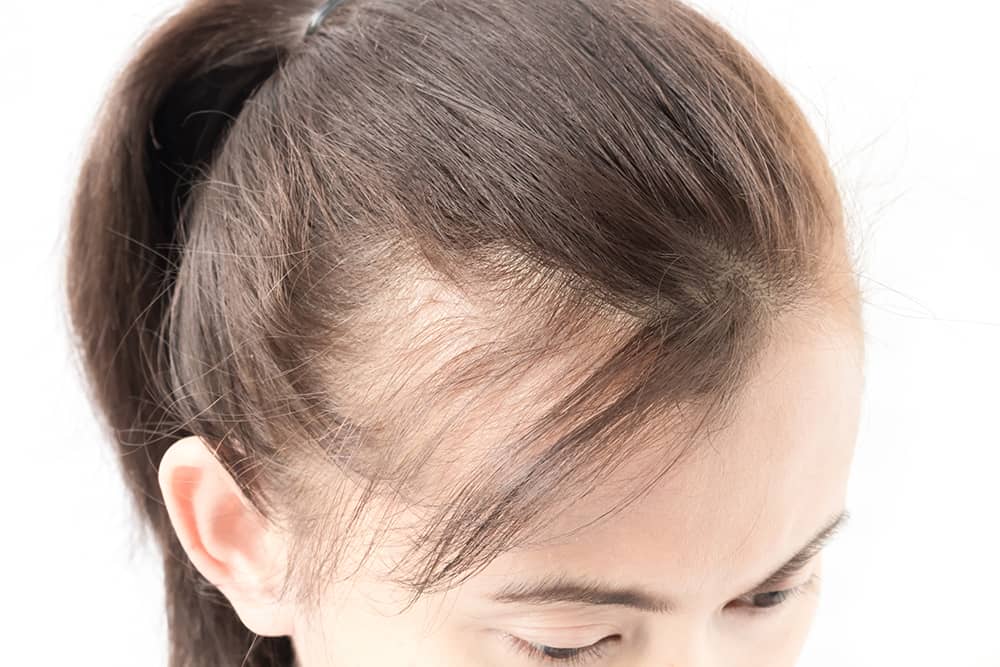Index Surge: Amplifying Your Insights
Stay updated with the latest trends and news across various industries.
Hair Today, Gone Tomorrow: The Unexpected Truth About Hair Loss
Discover the shocking truths behind hair loss and what you can do to reclaim your confidence. Don’t let hair hold you back!
Understanding the Common Causes of Hair Loss: Myths vs. Facts
Hair loss is a common concern that affects millions of people worldwide, yet it is surrounded by numerous myths and misconceptions. One prevalent myth suggests that hair loss is solely inherited from the mother's side of the family. In reality, genetic factors can come from both parents and play a significant role in conditions such as male or female pattern baldness. Other misconceptions include the belief that wearing hats can cause hair loss or that frequent shampooing contributes to it. Understanding the common causes of hair loss is essential for dispelling these myths and addressing the issue effectively.
Among the various reasons for hair loss, hormonal changes, medical conditions, and stress are often cited as leading factors. For instance, conditions like alopecia areata and thyroid disorders can lead to significant hair thinning. It is important to note that stress—such as emotional trauma or physical stress—can trigger temporary hair loss known as telogen effluvium. Individuals should consult healthcare professionals if they experience sudden or severe loss of hair to identify the underlying causes and consider appropriate treatments. By separating fact from fiction, individuals can take informed steps towards managing their hair health.

Effective Treatments for Hair Loss: What Really Works?
Hair loss can be a distressing experience for many, leading to a search for effective treatments. Among the most popular solutions is minoxidil, a topical treatment that is applied directly to the scalp. Studies have shown that it can promote hair regrowth in both men and women, making it a widely recommended option. Another notable treatment is finasteride, an oral medication that helps prevent hair loss by blocking the hormone responsible for shrinking hair follicles. While these treatments can be effective, consulting with a healthcare professional is essential to determine the best approach for your specific type of hair loss.
In addition to medical treatments, there are various natural remedies that claim to combat hair loss. Some of these include essential oils, such as rosemary and peppermint, which may stimulate the scalp and encourage hair growth when massaged in. Additionally, a balanced diet rich in vitamins and minerals can support overall hair health. Incorporating foods high in protein, iron, and omega-3 fatty acids can strengthen hair follicles and improve hair thickness. Ultimately, finding the right combination of treatments may require some experimentation, but understanding what really works is the first step toward restoring your confidence.
Is Hair Loss Genetic? Exploring Family History and Its Impact
Hair loss is a common concern that affects millions of individuals worldwide, and a significant factor influencing this condition is genetics. Research indicates that a strong familial pattern exists in cases of hair loss, particularly male and female pattern baldness. According to studies, approximately 80% of men and 50% of women experiencing hair loss have a family history of the condition. This genetic predisposition can manifest in various ways, including the timing and severity of hair loss, which often leads individuals to wonder, Is hair loss genetic?
Understanding the familial connections to hair loss can help individuals assess their risk and seek appropriate treatments. Genetic markers are often passed down through generations, and those with relatives who have experienced hair thinning or baldness are more likely to face similar challenges. This creates a need for awareness and proactive measures, especially as early intervention can play a critical role in managing or mitigating hair loss. Importantly, while genetics can significantly influence hair loss, environmental factors and lifestyle choices should not be overlooked, as they also contribute to the overall health of hair.